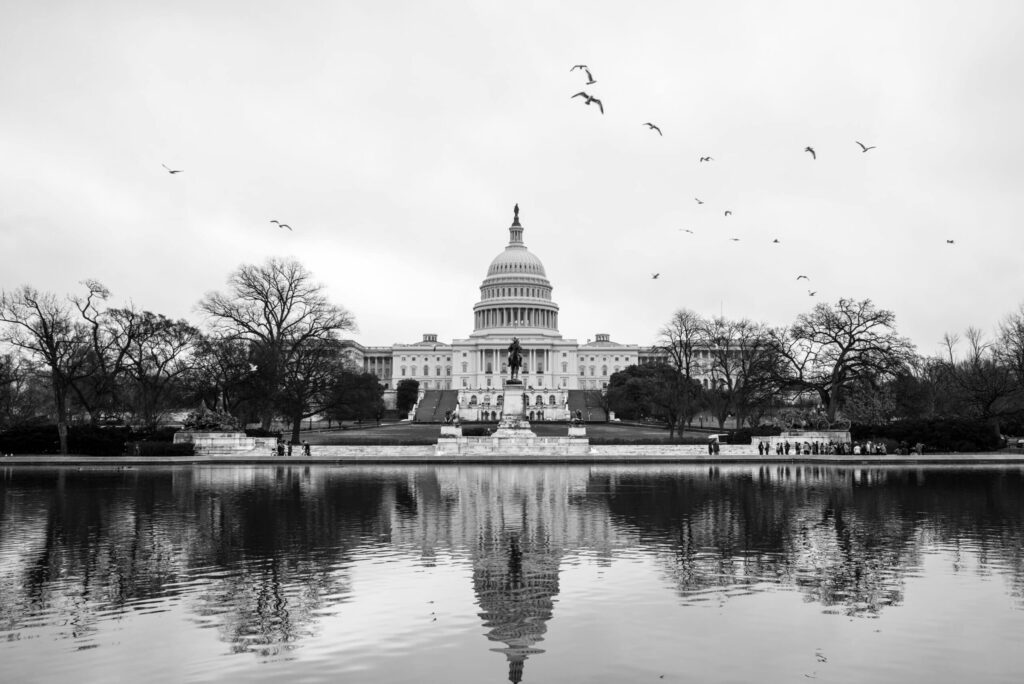On Sunday, the House Budget Committee voted 17-6 to advance the Republicans’ reconciliation package, which includes provisions for tax cuts, strengthened border enforcement, and significant fiscal reforms.
The bill moved forward after a shift in position by four GOP lawmakers — Reps. Ralph Norman (S.C.), Chip Roy (Texas), Andrew Clyde (Ga.), and Josh Brecheen (Okla.) — who had previously opposed the measure on Friday. This time, they voted “present,” enabling the legislation to advance.
“In an effort to move this bill forward, and I’m excited about the changes we’ve made, I vote present,” Norman said during the session. His comment prompted a Democratic member to ask across the room, “What changes?” according to Town Hall.
House Republicans were summoned back to Washington late Sunday as they face a looming deadline to deliver on what they’ve dubbed President Donald Trump’s “Big, Beautiful Bill.” The legislation seeks to restore fiscal responsibility and overhaul certain federal programs.
However, its progress has been stalled by concerns from conservative members who are uneasy about the delayed rollout of work requirements for able-bodied Medicaid recipients. Although GOP leaders maintain the bill targets inefficiencies such as waste, fraud, and abuse, budget hawks argue that waiting until 2029 to implement these changes allows too much leeway for future administrations to undo them.
House Speaker Mike Johnson (R-LA) acknowledged that the bill still needs refinement but expressed optimism about meeting the Memorial Day deadline. “There is still work to do and details to finalize,” Johnson said, adding that with continued productive negotiations, the legislation should be ready in time.
Some Republican lawmakers have also pushed to roll back green energy tax credits enacted under President Joe Biden’s Inflation Reduction Act, citing concerns over what they consider excessive climate-related spending.
This effort has led to tension within the party, as other Republicans represent constituencies that have benefited economically from these incentives, adds Town Hall.
